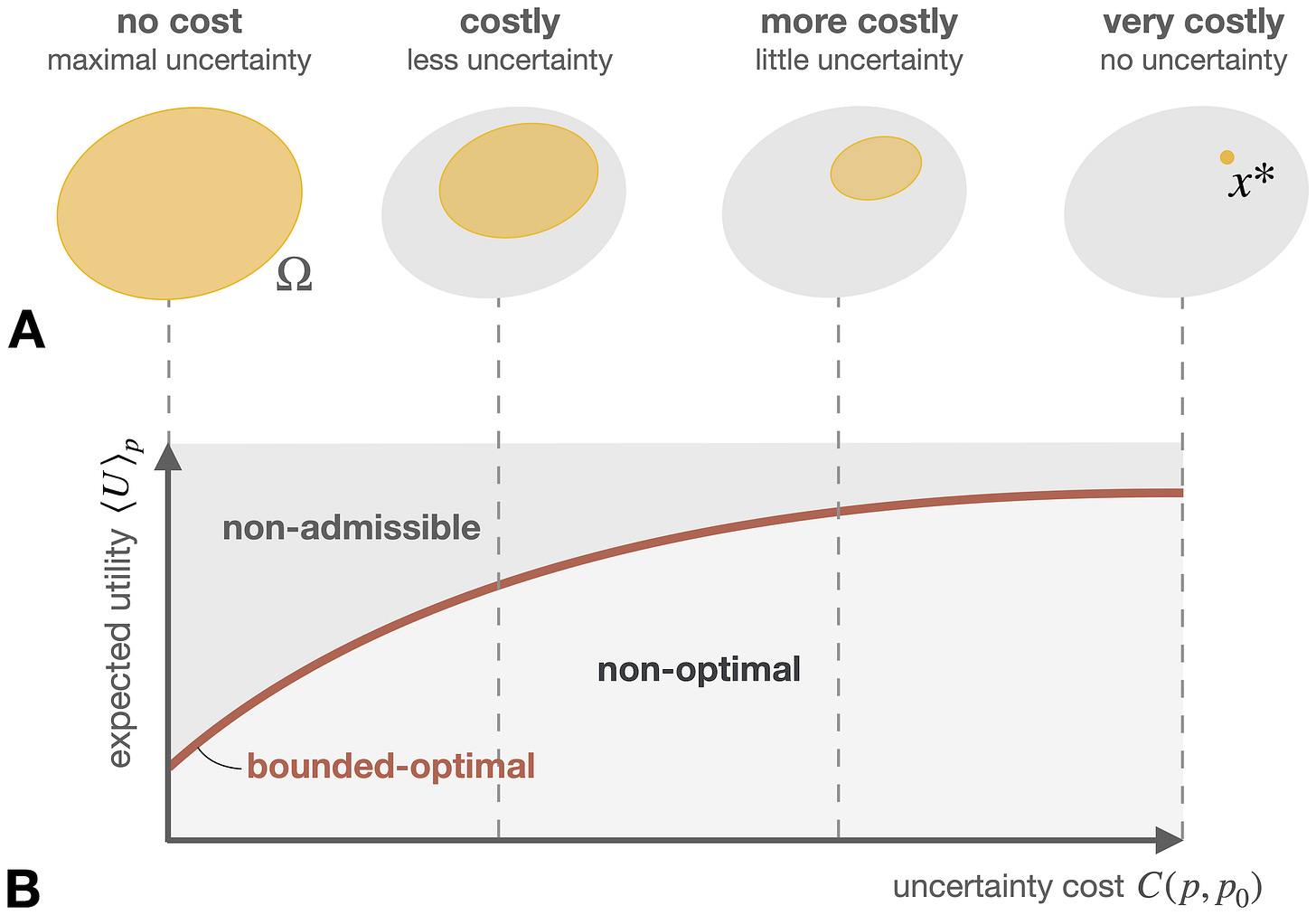Roll the Bones! #19: What Is Engineering?
Let The Weak Say "I Am Strong"
Greetings from Roll the Bones! Here we muse about complexity, learning, epistemology, accomplishing goals in complex environments, and whatever else I might be in the mood to discuss.
One thing I want to drive home is that life is not a game. The only simple, widely-understandable rules it follows are given by God Himself. In all other aspects, things are often more complex than they appear.
Personal Note
I’ve written a book! It’s an introductory text on coping with complexity and uncertainty. If you’re even a little curious, please take a look. If you like it, please share. I’m a small-time creator that could use some good press.
Gumroad: https://gum.co/notesoncomplexity
This Week’s Links
There are no affiliate links here, just things I’ve been reading. None of the authors have any idea their work is about to be featured.
Are We Really Engineers?
Hillel Wayne got tired of hearing people say “software engineers aren’t actual engineers” for reasons both good and bad. He began to wonder what, exactly, makes one an engineer? After interviewing people who had done *both* software engineering and more traditional engineering, he found answers that blow apart the usual talking points in such discussions.
My thoughts:
Some software folks don’t like the word “engineer” because they think software engineers don’t live up to the title. Some don’t like it because software has moved “so far beyond” engineering and is way better. You just can’t win sometimes.
The distinction in math use in software vs other domains is that software math is often discrete, not continuous, and is so well embedded into what is done day to day (rather than equations on napkins or chalkboards or whatever people imagine) that it is not often recognized as math.
People can die if software engineering is not done right. The online version of a bridge collapse has *absolutely* happened before, and they will continue to happen. Sometimes you can’t get on your flight. Sometimes you get 1000x the intended dose of radiation. Sometimes you can’t contact your family. Etc. It’s absolutely a more high stakes game than sometimes people realize.
Free Energy
Karl Friston and others have recently (re?)popularized the concept of “free energy” as a way of thinking about intelligence both natural and artificial. This PLOS article by Sebastian Gottwald and Daniel A. Braun does a great job explaining what it is and why it could make sense.
My thoughts:
This approach catches my attention not only due to the people I read and talk to (Jun Tani, Olaf Witkowski, etc.) but also because it approaches things from an uncertainty perspective
“Free energy” as a term goes back to thermodynamics and work that can be done without changing temperature and volume, but here it is generalized and “energy” has more to do with information or attention.
Knowing what to pay attention to and what to ignore is critical to survival. It’s critical to decision making. Thus, it is critical to intelligence. This approach tries to measure and quantify that from a Bayesian perspective.
Bayesian Statistics Is Silly?
I couldn’t resist including an essay that, if it is correct in its arguments, blows a large hole in the theory just linked to above. Lars P. Syll doesn’t like Bayesian statistics and considers it a patently absurd way to approach science and inference. This essay is his well-explained reasons why.
My thoughts:
I find the Bayesian approach much easier to reason about than the frequentist approach. That doesn’t make it the correct view, just a useful(?) one.
Really, this is mostly a criticism of Economists using Bayesian reasoning (or the lack thereof) to show whether someone is being rational. You could say that means Bayesian reasoning is not rational, or not exclusively rational, or impractical in daily life, or several other things are implied by this line of thinking. Are they supported?
It is true that assigning probabilities when you really don’t have much to go on feels silly. In domains of high uncertainty, it’s best to not assume too much of anything, much less give a % number, to the likelihood of something happening.
Thank you for reading and engaging.
I appreciate you taking the time to read this newsletter. It’s free, but if you want to help support me you can always make a one time donation.
Engage with me on Twitter at @10101Lund about these or any other topics. If you find an error in this newsletter, please let me know and I’ll correct it. Archives of this newsletter are here.
Tell a friend. See you next issue!




